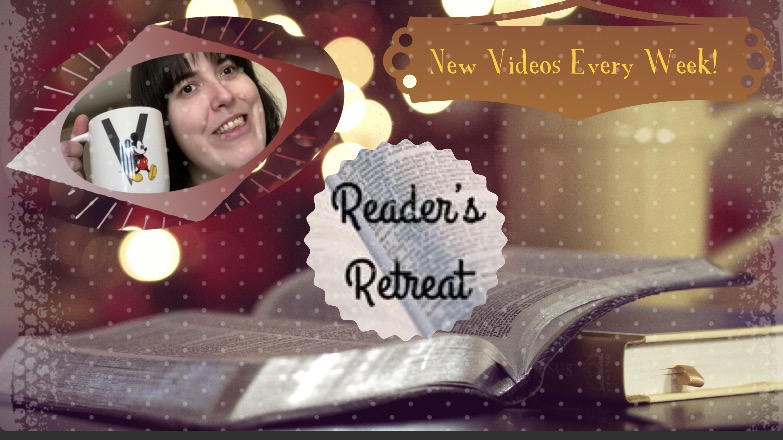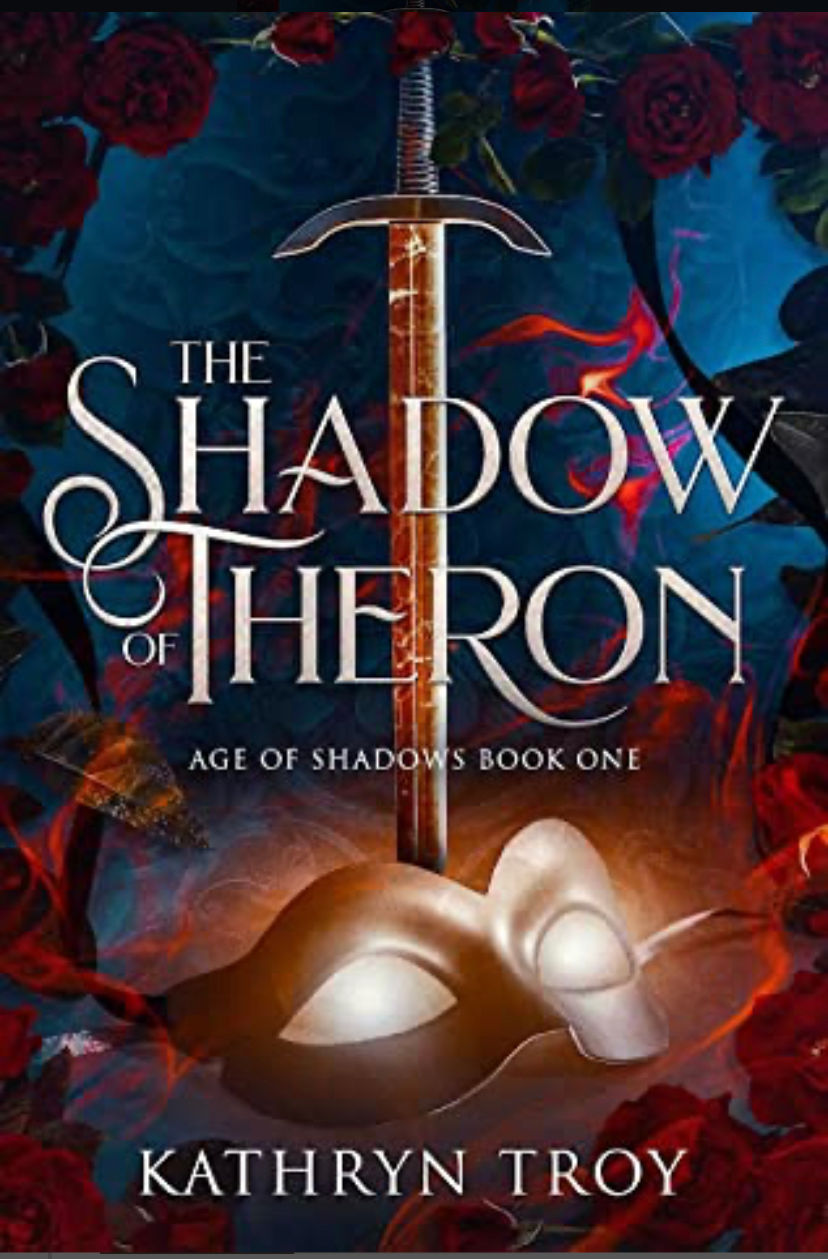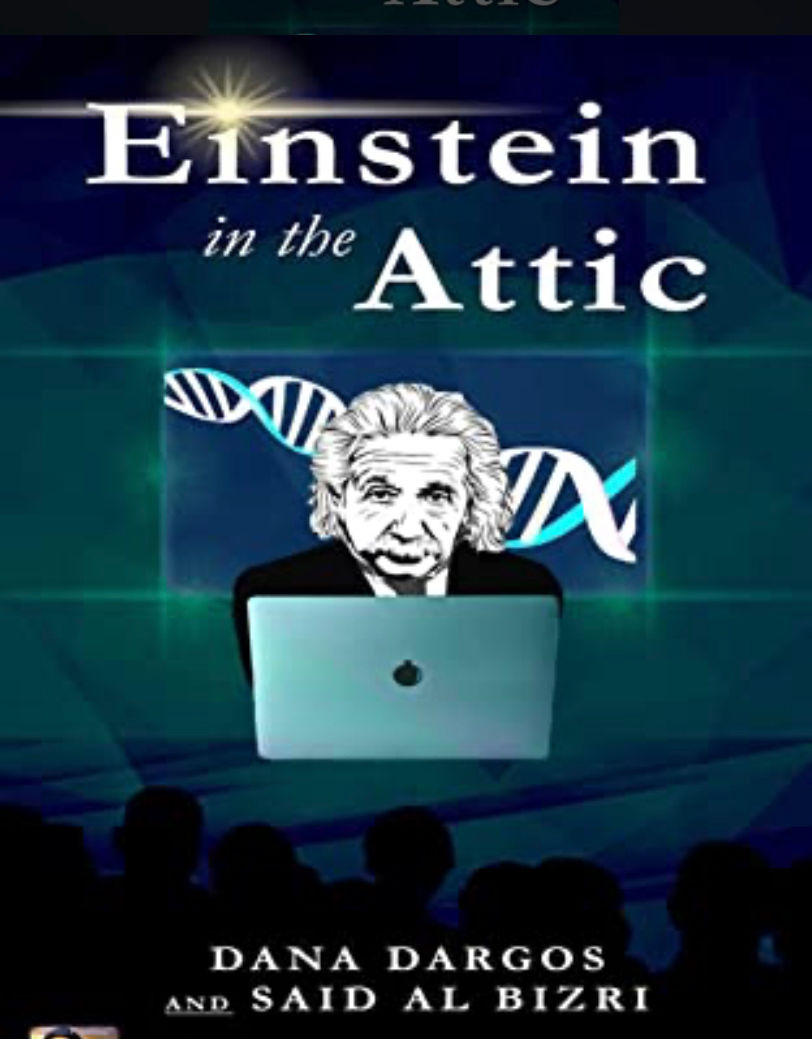Killing for a Living... Could you? Scythe by Neal Schusterman
- Victoria Roe

- Jun 18, 2020
- 4 min read
Synopsis
Two teens are forced to murder maybe each other. In a world where disease has been eliminated, the only way to die is to be randomly killed (gleaned) by professional reapers (scythes). Citra and Rowan are teenagers who have been selected to be a scythes apprentice, and despite wanting nothing to do with the vocation they must learn the art of killing and come to understand the necessity of what they do. Only one of them will be chosen, when it becomes clear that the winning apprentice’s task will be to glean the loser, Citra and Rowan are pitted against one another in a fight for their lives.
The Scythe commandments.
1) Thou shalt kill.
2) Thou shalt kill with no bias, bigotry, or malice aforethought.
3) Thou shalt grant an annum of immunity to the beloved of those who accept you are coming, and to anyone else you deem worthy.
4) Thou shalt kill the beloved demeanour of those who resist.
5) Thou shalt serve humanity for the full span of thy days, and thy family shall have immunity as recompense for as long as you live.
6) Thou shalt lead an exemplary life in word and in deed, and to keep a journal of each and every day.
7) Thou shalt not kill no scythe beyond thyself.
8) Thou shalt claim no earthly possessions, save thy ropes, ring, and journal.
9) Thou shalt have neither spouse nor spawn.
10) Thou shalt be beholden to no laws beyond these.
Review
How else can I begin this review without first saying what a fantastic five star read this was. I had heard nothing but good things about this book, from my favourite book tubers and so was desperate to read it myself.
I think during those nights when I cannot sleep my mind wanders to the strangest of places, I have often found myself thinking about what the world would be like without any life limitations. This book offers an answer to that question.
It is no secret that dystopian fiction has always fascinated me, I think I've discussed it plenty in my posts. The imagination required to change an already familiar world into something only semi-recognisable is a rare skill. Keeping your readership engaged with a recognisable world, whilst also turning that concept on its head is no easy feat, but is managed flawlessly within these pages. It is so easy for the reader to switch places with either Citra or Roman, I found myself imagining what I would do in their shoes. What would I do? Could I spend my life killing people to control the numbers? Even now having read the book, understanding the perspective of someone who does, I don't think I'd have the stomach to do it myself. In a world where you've known nothing else, in a world where it were 'normal' I suppose it would be different, but then how normal can that really be?. The concept of this trilogy in its entirety is intriguing, there are so many roads to take this kind of story down, how do you choose which way to go to keep your readers enthralled?.
For a long time I have always asked myself why authors write what they write, but I don't need too. I am learning as I get older, as I read more and more that the question why isn't always the most important. I don't need to know why, I should just enjoy that it is.
I wanted to begin this trilogy with that philosophy in mind to see how much more engrossed or absorbed I would become in the story. Having now finished the first of the three, I can say I am now fully converted to this way of thinking.
Anyway back to the book...
Citra and Rowan as protagonists are wonderfully rounded. Relatable and realistic enough to carry the story. After both reading and watching several reviews, despite no one actually saying so, for some reason I had an expectation that it would be written in a dual perspective. I thought Citra and Rowan would get the opportunity to tell the story through their own eyes. I was not in the least disappointed when it was not however, writing it as Schusterman did avoids the division of loyalty on the part of the reader. You easily accept that they are in it together... that is until plot twists force them apart.
I have said several times before that I believe the first book in a series to be about setting the scene, not just for what is about to happen but for where and sometimes how the rest of the story will take place, but unfortunately this also on occasion means it is at the expense of a plot. In those cases the second book is where it all ‘kicks off’. This again is true with Scythe except the best way I can describe the plot development is like there are three parallel lines running through the book from cover to cover, with not one falling behind the other at any point. One line of course being the plot, one being the world and the last being the characters. Each line thickens and is reinforced as time goes on and you move forward. Each in turn giving you the reader a clear path through the pages without giving the momentum a forced speed. I have used this image because it has also helped me whilst reading to recognise any points within the story so far where one line may outweigh the others because when one is truly parallel to it’s counterparts they should not. In my opinion thankfully none of them do.
I often get frustrated at where book one of a series ends. On occasion I have found that the ending of the book in some series can halt the momentum, instead of encouraging the reader to continue on; by trying to conclude to much too soon. I’m happy to say this was not the case with this book.
Having now read and completed the entire series, (which I will be reviewing in due course) I can see the logic behind every decision made. It’s an intriguing and highly complex concept that is explored with the upmost integrity and care.
I will conclude this review, with a comprehensive five stars. I am absolutely blown away by how easy this book was to read, it provided in its entirety escape, drama, and intertwined relatability. I highly recommend it without reservation. Thank you for a phenomenal read.
My rating: ⭐️⭐️⭐️⭐️⭐️








Comments